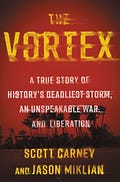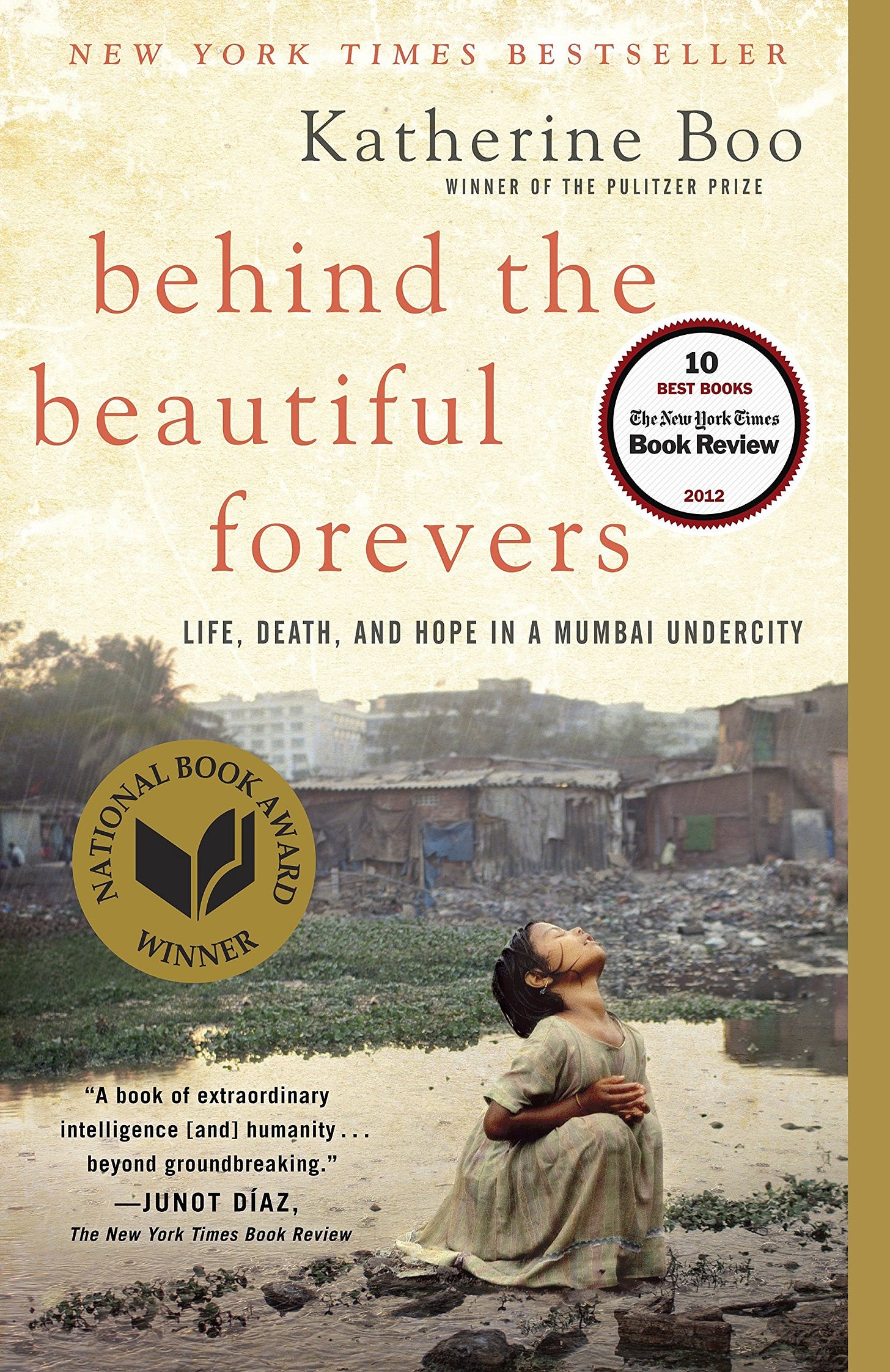Happy Friday, readers!
I’m actually in a bit of a reading slump right now — April was a pretty slow reading month for me and I’ve had a hard time getting into anything. I did a couple things in just the last couple days that’ll hopefully get me on track:
I started reading Outlander, the first book in one of the bestselling series of all time. When I’m feeling stuck, grabby something escape-y and pulpy tends to work well.
I got back to my 2022 reading plan, which I’ve deviated from quite a bit. I’m definitely reading far more women than men, but I’ve realized that I really enjoy sticking to at least a rough plan of attack. Otherwise, I just have too many books in my office and local library to choose from. The overwhelm is real. (Here’s some more of my thoughts on the benefits of a reading plan.) So, I also started Elizabeth Kolbert’s Under a White Sky.
Do you have any go-to tips for getting out of a reading slump? I’d love to hear!
For today, I’m featuring a couple non-fiction books that focus on South Asia. Though they’re both hard to read at times, they tell incredibly important stories.
A Fellow Bookstacker to Follow
Earlier this week, I had the chance to share one of my favorite under-the-radar books of all-time over at Reading Under the Radar. I’ve been a subscriber for a while and I was thrilled when Cassie reached out for my recommendation. Give it a read, and, of course, subscribe if you’re inclined!
The Vortex: A True Story of History's Deadliest Storm, an Unspeakable War, and Liberation by Scott Carney and Jason Miklian
Published: 2022 | Pages: 420
I like to think I’m pretty well-versed in history and politics. But every once in a while I come across a book that totally shakes up what I thought I knew and has me going, “What?!”
Told in three acts, The Vortex starts with the Great Bhola Cyclone of 1970, which killed up to 500,000 people in low-lying East Pakistan (now Bangladesh). It was the worst storm in recorded history. The government, based in West Pakistan, did absolutely nothing in terms of relief.
The storm led to political instability, to say the least, when the country’s first ever democratic election didn’t go the way the de facto leaders intended.
In Act II, the inhuman government used the cyclone and the election as an excuse to instead carry out genocide on the Bengali people. The military systemically raped and butchered the citizens of Bangladesh — likely another 500,000 people.
It’s hard to even fathom the horror.
Act III details how the people of Bangladesh rose up and fought for their independence, despite ignorance and denial about the genocide from most of the international community. Some of the most interesting tidbits are about how the US and the USSR eventually got involved, with Nixon/Kissinger getting dangerously close to a nuclear showdown. What?! Again, I had no idea that this happened.
Written as a brisk narrative, Carney and Miklian opened my eyes to world events that I’d never heard of before. That’s one of the great gifts of books, isn’t it?
And through it all, it’s clear that the authors are actually making a point about climate change. Natural disasters are not just natural disasters — they can and do lead to political and societal instability. (Look at how COVID impacted American politics; it accelerated the already-growing divide between left and right.) As climate change intensifies, so will the broader effects of the storms, wildfires, and epidemics that are increasingly part of our everyday life and national discourse.
I’ve long followed and enjoyed Carney’s work (books and podcasts), but The Vortex is definitely my new favorite. It’s a great book that felt shorter (in a good way) and moved quicker than its 420 pages would have you think.
Behind the Beautiful Forevers: Life, Death, and Hope in a Mumbai Undercity by Katherine Boo
Published: 2012 | Pages: 354
This award-winning work of narrative non-fiction was our book club read for March. Boo, an American-born white woman, set out to document day-to-day life in a Mumbai slum — the most extreme form of poverty that exists on our planet. She’s fully aware of her privilege and actually went looking for this type of book before realizing there wasn’t one.
So she wrote it herself.
Using incredibly vivid descriptions, Boo starts with a whirlwind tour of Annawadi, a slum that sits on the edge of the Mumbai airport. She engages the five senses in a visceral, often disgusting and even overwhelming way. It’s necessary, though, to set the context for the community.
We then narrow in on the people of Annawadi — Abdul, Fatima, Asha, Karam, and others — and the various ways they eek out a living. There’s prostitution and thieving, but also teaching and garbage collecting (not exactly legal, but close).
The writing is really good; there are a number of scenes and sequences that will stay with me. And thankfully, Boo never inserts herself into the story. She never emerges as a hero (which too often happens in these types of books), simply because she never emerges as a character, period.
It’s actually one of the strengths of the book that there is no hero within its pages. There are no saviors in the slums of South Asia — just destitute people desperately trying to live another day without going hungry or being arrested. Survival is everything.
It’s hard to deny that the book is bleak, but it’s an important story to be told and an important story to be heard. If you do read Behind the Beautiful Forevers, I actually recommend starting with the author’s note at the back of the book, which offers some good explanation and context on why Boo wrote it the way she did.
That’s all for me this week. Thanks so much for reading! I deeply appreciate the time and inbox space.
-Jeremy






Jeremy, I think there are several of us that are either in the middle of a reading slump or just beginning to climb out of one. I know I'm climbing out because of my day job, but I'm in the midst of a newsletter slump too. I'm waiting for the light at the end of the tunnel. :(
Thank you for reminding me that I live in a small world nestled within a much bigger world. Books can let us escape, but also bring us closer and deeper into that broader world. I'm grateful for these reviews and recommendations.